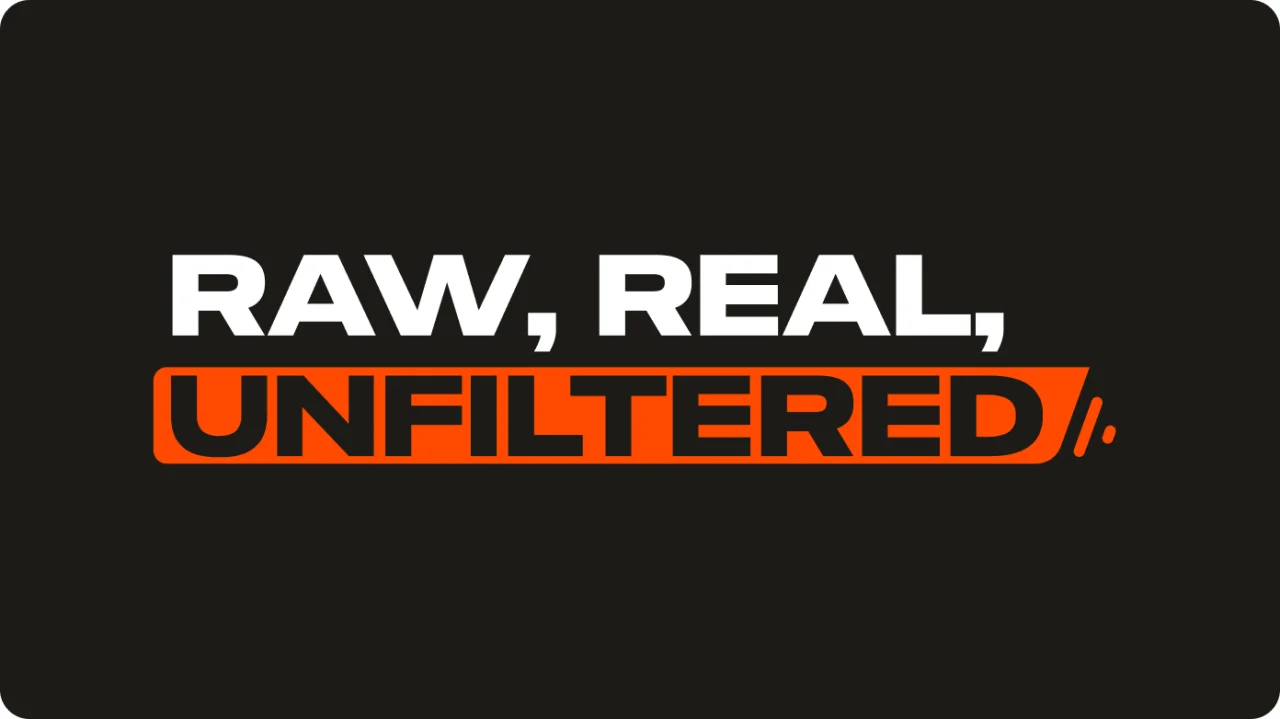So let’s talk about the legal pitfalls you will wish someone had warned you about, so you can avoid making expensive mistakes.
Small Business Problems That Sneak Up on You
If you’re just starting or seeing early success, you might be operating on hustle, instinct, and maybe a few spreadsheets. However, ignoring the legal side of things is one of the problems that can sneak up and cost you way more than you expect. According to the Bureau of Labor Statistics, about 20% of new businesses fail in the first year, and legal issues often play a big role. Whether it’s a bad contract, licensing issue, or tax oversight, small missteps can snowball fast.
It’s not just about avoiding lawsuits either. When your operations aren’t legally sound, you may miss out on funding opportunities, lose customer trust, or even get penalized by government agencies.
Contracts: Avoid the “Handshake” Mistake That Could Cost You
Have you ever hired someone based on a friendly vibe and a few DMs, thinking, “We don’t need a contract; we trust each other?” Don't do that. No contract means no leverage, and it is one of the most avoidable common business pitfalls. Always get a contract in writing. Make sure it clearly outlines the scope of work, timelines, payment terms, IP ownership, and what happens if things don’t go according to plan. A solid contract doesn’t just protect you, it sets expectations for everyone involved and keeps your business relationships healthy.
It doesn’t have to be complicated or lengthy. You can even write a legally binding contract without a lawyer using a contract template. Just make sure you get it signed and dated by all parties involved.





